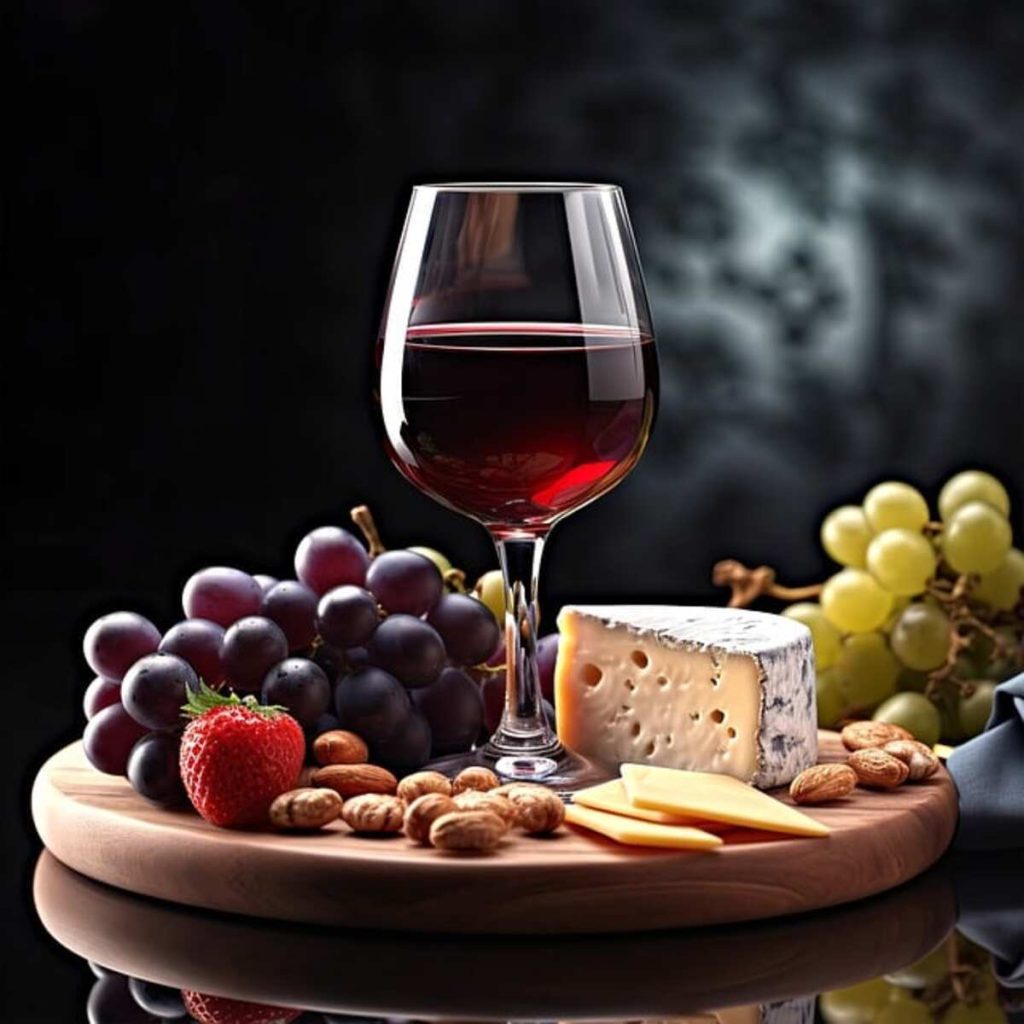The wine world is abuzz with chatter about biodynamic viticulture and a growing interest in natural wines, defined as expressing grape varieties and terroir with minimal interference from the winemaker. While these trends may seem like a fad, the industry is merely returning to a more traditional style of winemaking that embraces the idea of a harmonious balance between the physical and spiritual world. The Amazing fact about The Rise of Bio Wine.
This philosophy is reflected in the increasing number of vineyards and cellars converting to fully sustainable, organic, or biodynamic practices. From small independent producers who make less than 2,500 cases to looming Rioja giants, vineyard owners are striving for self-sustaining and regenerative systems that will allow them to grow and make wine while having minimal environmental effects.
As winemakers abandon chemical herbicides and pesticides in favor of natural, plant-based methods, the global market for organic wine has proliferated, reaching approximately US$11 billion in 2020, according to Transparency Market Research (TMR). With an expected CAGR of over 14% through 2022, this segment is set to become one of the most lucrative markets for wine producers.
To further drive sales and encourage consumers to switch to more eco-friendly products, many wineries are introducing cans for their beverages, which are easy to carry, lightweight, and recyclable. The increased popularity of cans is likely driven by a growing preference for on-the-go drinking and the ability to control the amount of alcohol in one’s drink easily.
In addition to the rise of organic and sustainable winemaking, the wine world is also witnessing a revival of hybrid wines. During the late 19th and early 20th centuries, European settlers bred vinifera vines with hearty American species like Vitis labrusca or riparian to better adapt to warmer climates. While these interspecific hybrids were once considered unacceptable for viticulture, they are now being revived alongside vinifera to form an entirely new category of “natural” wine.
Biodynamic viticulture is an age-old tradition that was first described in 1924. It involves a holistic approach to farming that includes crop rotation, composting, and the use of six compost preparations—yarrow 502, chamomile 503, stinging nettle 504, oak bark 505, dandelion 506, and valerian 507—which act as an alternative to sulfur dioxide in protecting the grapes against rot and mildew. The Demeter organization, which oversees biodynamic winemaking, requires that a winery be certified before it can sell wines labeled as biodynamic, which involves a three-year conversion process during which time all chemical herbicides and pesticides are banned; only natural sprays are allowed to fight disease or rot; and yearly inspections must take place by a third party to ensure compliance with the standards. This rigorous approach allows a more authentic expression of the terroir and region.
Read Also: What exactly Bulletproof Coffee Is Really Concerning and How To Make It the Shanghai in china Way

